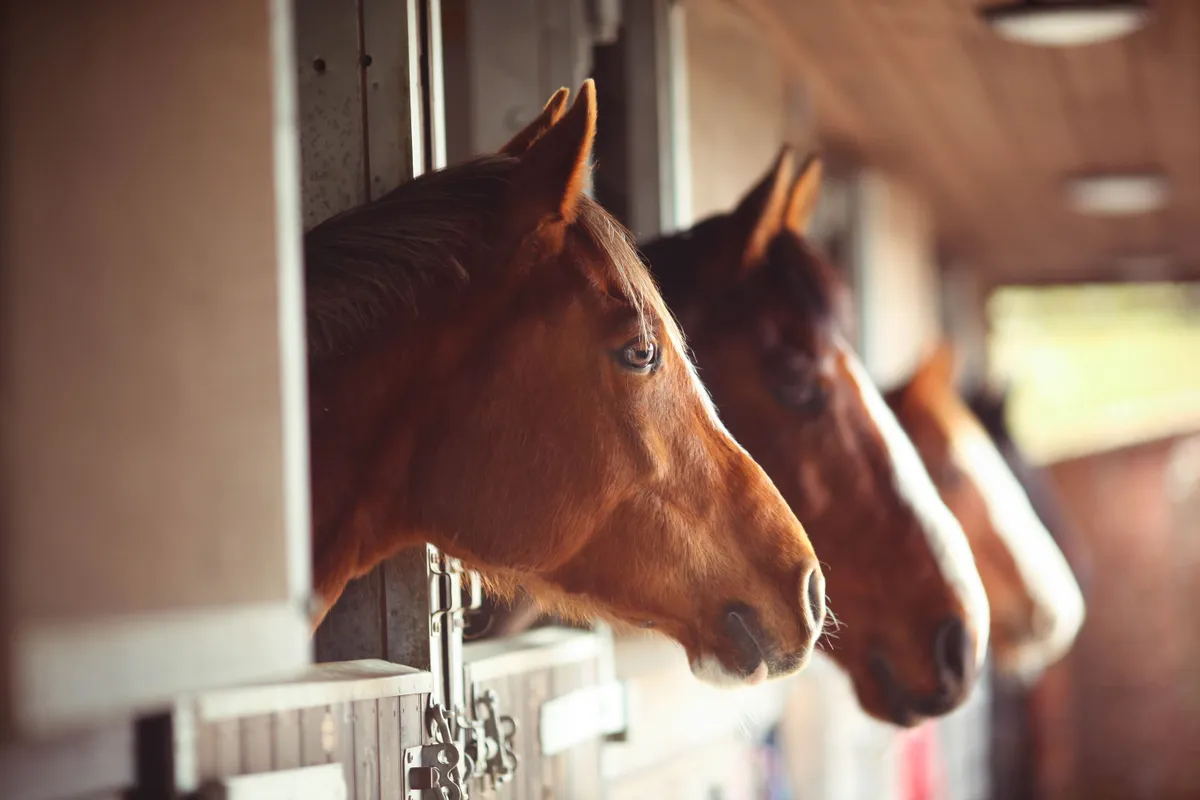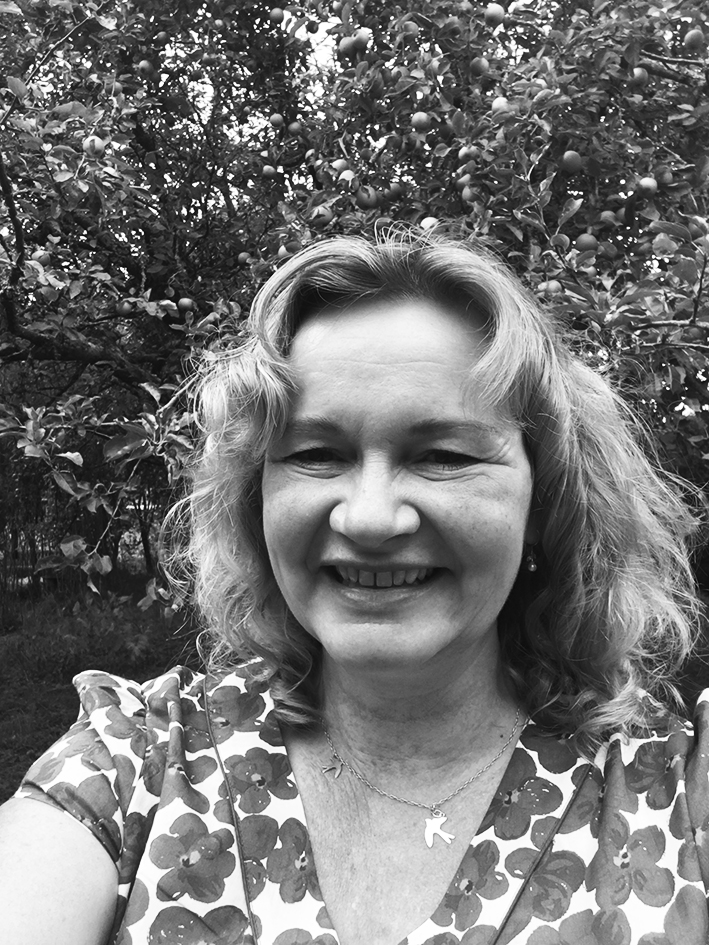Quite where my abiding love of horses came from, my family has never fathomed. But the fever took hold through pony books – often those of an earlier generation that I found in jumble sales and charity shops, and almost always featuring adventurous girls of slender or no means who found a way to have horses in their lives – as well as through 1970s television series, such as Flambards, the deliciously gritty Follyfoot and The Moon Stallion.
Later, I graduated from fictional horses to a real riding school, travelling there in the back of a Land Rover and ‘working for rides’. I learnt how to plait hay wisps, tie quick-release knots and how to fall off at speed (and get back up). I learnt how to pull ragwort and wild oats, make hay, help out at harvest and handle an animal much larger than myself with surety and gentleness. I learnt resilience and responsibility, and got to do an outdoors job that, otherwise, seemed the preserve of men and boys.
Horses have played a major role in human progress and they are still very much part of the fabric of rural life. The reason for the partnership may have changed, but the relationship hasn’t. The huge, old, heavy horseshoe that hangs above my writing hut’s door dwarfs the modern one inside it. But I found them both on the edge of the same ploughed field, when looking for the one lost by the chestnut mare I’d been riding. The loss and search for it would have meant just as much to the ploughman as it did to me, despite our quests taking place 100 years apart.
Working with horses is a labour of love; it’s hard, physical work in all weathers, with little time off, and the pay, conditions and security are usually poor. It can also be dangerous. But it’s incredibly rewarding and often thrilling. The chapped hands and chilblains of winter, the bruises, ingrained dirt and bone-deep tiredness are all part of a deal made for the exhilaration of galloping.

Owning or riding a horse is an expensive undertaking, inaccessible to many, but there are opportunities in rural communities or around equine businesses to work with them, if borrowing and managing on a shoestring isn’t an option.
The equestrian sector in the UK is worth £4.7 billion per annum. It employs 41,200 people and five million British households claim to have at least one existing, or former, horse rider.
And yet a halter held behind your back and a mint on an outstretched hand is the only contract for borrowing the freedom, strength, gentleness and courage of a half-wild, though biddable, animal. An animal that trusts you and gives you its all, whether it’s flying over fences, ploughing endless fields or, in the ultimate of heartbreaking asks, galloping into battle.
Horses engender an ancient mix of awe, humility, respect and reverence. The language and work of keeping a horse is a mysterious, sensory poem to be learnt, from the huff of a velvety muzzle nuzzling a pocket to the clink of an eggbutt snaffle and saddle carried over your arm.
Doing evening stables and ‘setting fair’ a loose box of pitchforked, rustling-gold straw, the smell of neatsfoot oil and a whinny from across a field seem nothing short of prayers.
Though they may not be the work animals, the facilitators, the enablers of the past, we’re not ready to give up our horses yet.
There’s too much history between us. Shared work, yes; but most of all, love.
